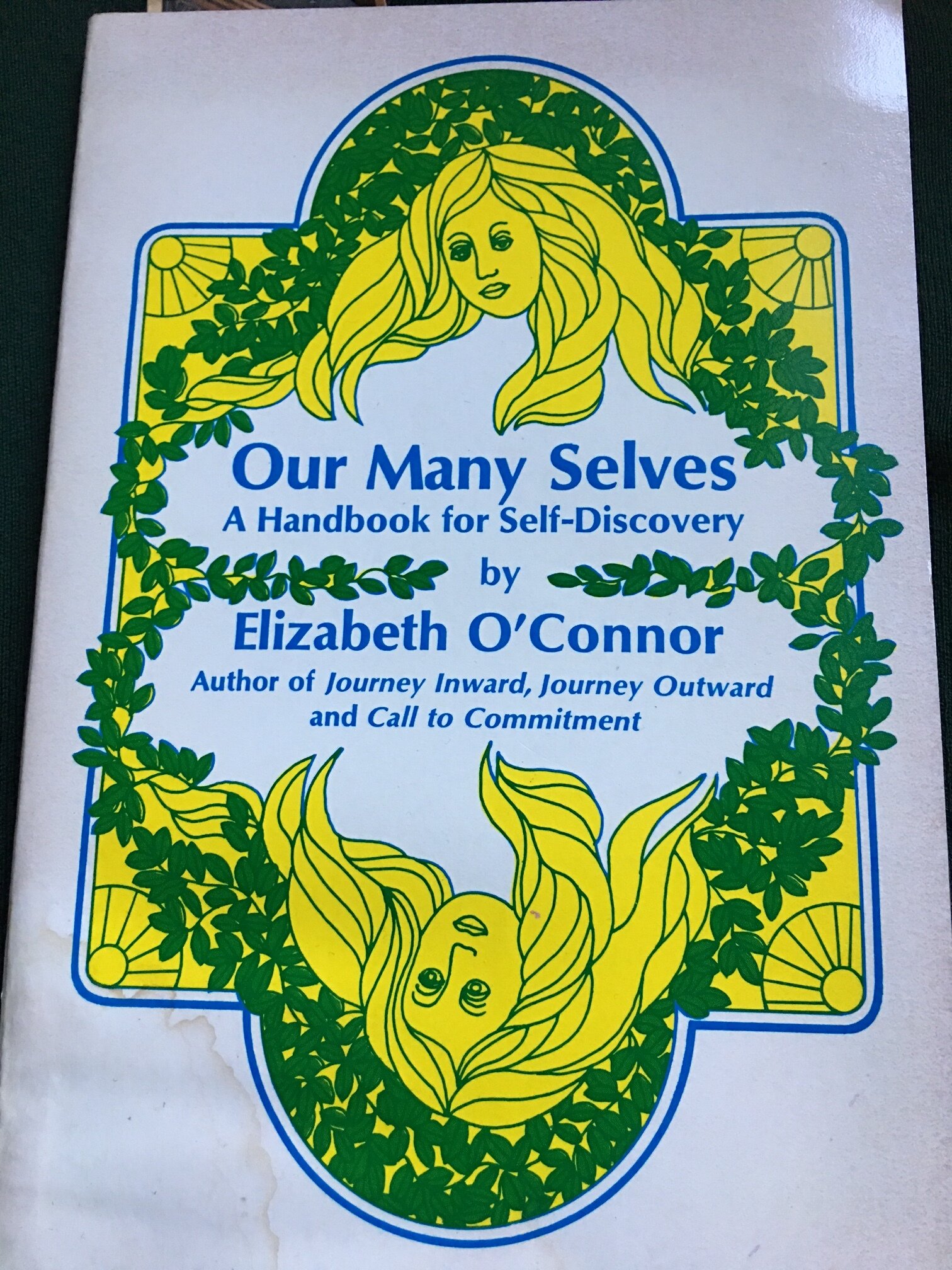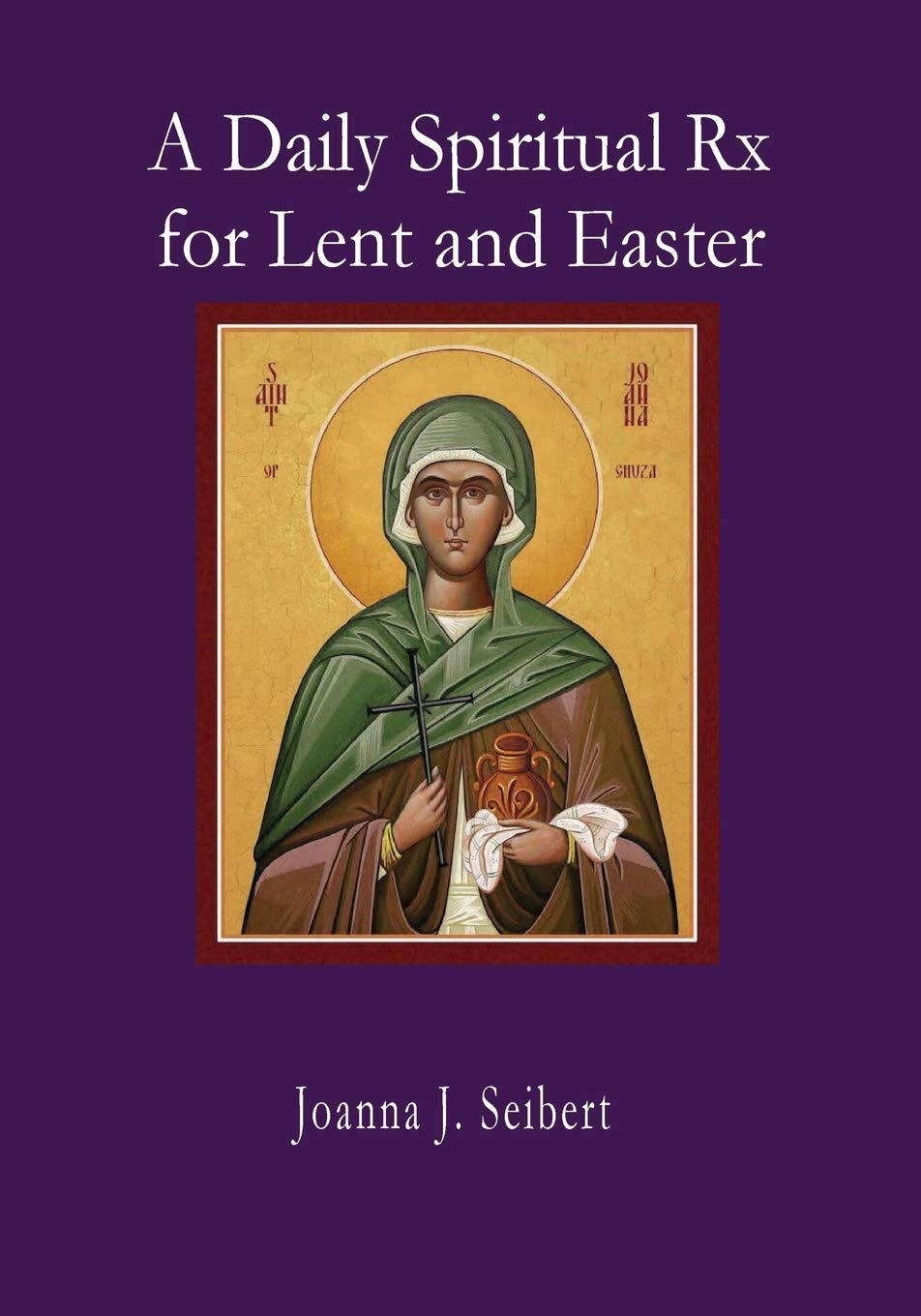The Plural I, The Many Parts of Ourselves
“If I respect the plurality in myself, and no longer see my jealous self as the whole, and greed and sloth is an opportunity to lift out of the waters of unconsciousness a tiny piece of submerged land of me, then I have gained the distance I need to observe it, listen to it, and let it acquaint me with a piece of my own lost history.” –—Elizabeth O’Connor in Our Many Selves: A Handbook for Self-Discovery (Harper & Row, 1971).
O’Connor’s book was one of the first I read as I was seeking to understand why I do the things I do—trying to find out what was underneath the surface or behind the mask I was wearing. Her classic writing gives us tools for becoming the person God created us to be. She teaches us about the many parts of ourselves and how God uses every part of us to connect to God.
Those parts of ourselves that block us from the Spirit can also be pathways back to an even richer relationship to the God or Spirit within us. Christians would tell us that the life of Mary Magdalene is our scriptural example. Whatever her seven demons were, they led her to Christ and a new relationship with God and a new life. The recovery community would say that the recovering alcoholic or addict is led back to the God of his understanding in his journey to recovery. The Jungians would tell us that a recognition of the shadow or unloved or unaccepted part of us can become our hidden treasure or gold.
O’Connor presents a series of practical exercises she developed from years of group work at The Church of The Saviour in Washington, D. C. They are designed to help us locate these many parts of ourselves, leading us to the God within and enabling us to reach out to the God in others.
Joanna. Joannaseibert.com

